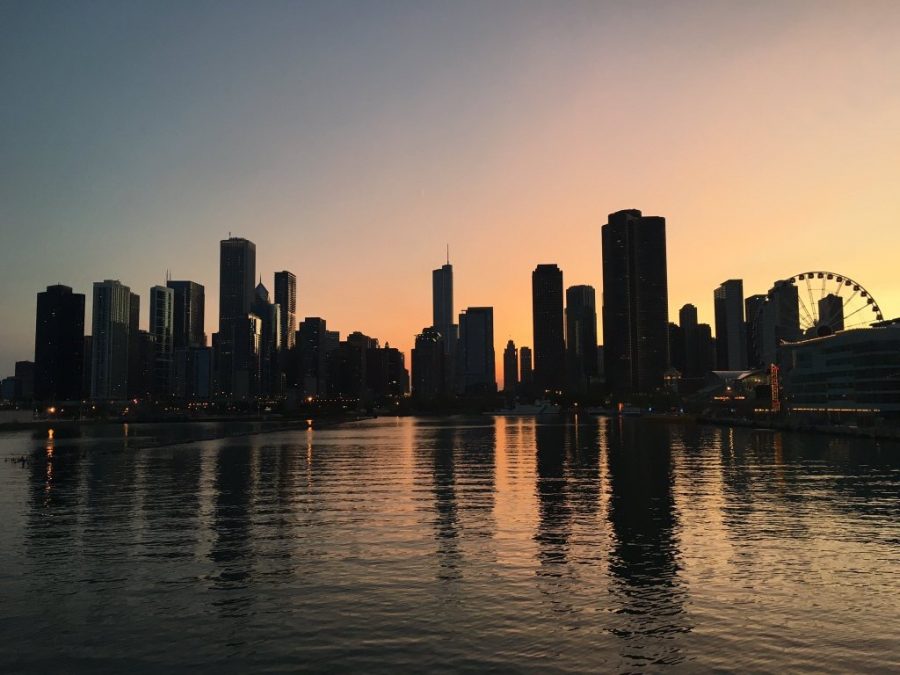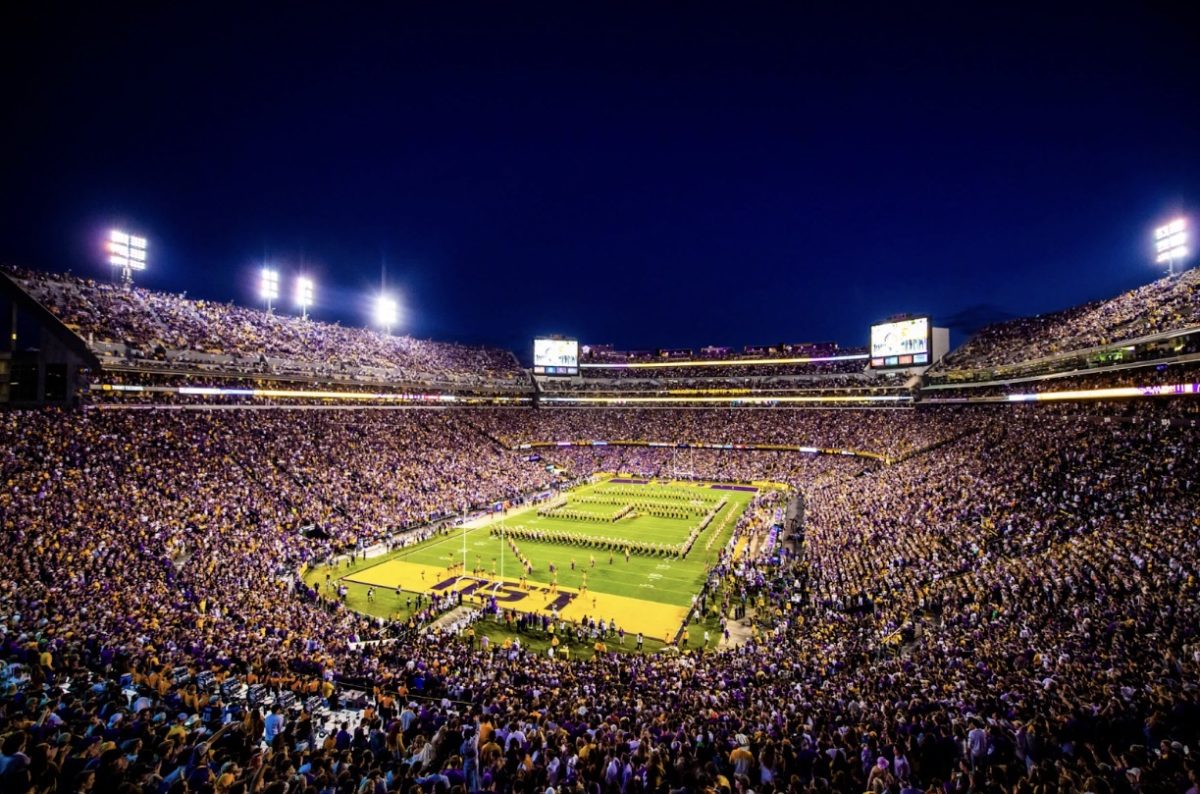Chicago’s deadly cycle
December 14, 2016
As of December 10, 701 homicides have occurred in the city of Chicago since the beginning of 2016. The 700 mark was reached around 6:20 a.m. on Wednesday, November 30, when a 25 year old was shot in the abdomen while driving and crashed into a bus shelter on South Cottage Grove Avenue. On that same day at 8:00 p.m., a 22 year old man was found shot and dead near 68th Street and Cornell in the South Shore neighborhood. These crimes are just a few examples that indicate violence in Chicago has significantly increased when compared to previous years.
Last year, 450 killings occurred, meaning a 56 percent jump has been made in the death toll due to violence this year. In addition, 3,315 shootings occurred in the Chicago area this year while there were only 2,224 last year.
Furthermore, when the violence in Chicago is assessed nationally, Chicago’s number of homicides this year have outweighed the homicides of both New York and Los Angeles, cities with populations that exceed Chicago combined. The surge of violence in Chicago has prompted Chicago police superintendent Eddie Johnson to report, “The police are doing their job. What we need help in is holding these repeat gun offenders accountable for this gun violence, and until we do that, we’re going to continue to see the cycle of violence.”
The cause of Chicago’s rampant violence has multiple factors contributing to it. Two of these factors, police officials blamed, were the flow of illegal firearms through dangerous neighborhoods and the problem of existing gangs.
However, trivial disputes would spark between these gangs and these disputes would escalate to violence. Additional factors include a drop in morale among police officers due to increased scrutiny caused by the McDonald shooting, a fatal shooting in which black teenager Laquan McDonald was shot by an officer, and a new law requiring reports to be filled out on every street stop because of fear over racial profiling. These two factors forced Chicago police officers to perform their work more cautiously in order to avoid ending up in a viral internet video, getting sued or getting fired.
Johnson, as a response to the cause of Chicago’s rampant violence, said, “The mentality here is there is no consequence for carrying a gun. Gun offenders just don’t fear the judicial system.”































